Playing dice in a casino may seem simple, but it is actually a high-speed mathematical contest where just a couple of dice control millions of bets. To make this exciting game easy to understand, we have prepared detailed craps rules for beginners. This guide will help you understand the logic and basic principles of the game, turning the apparent complexity into a clear and understandable activity where probability determines winning and losing.
Where does the game start?
Craps starts with the “exit round.” The dealer announces the start, and the shooter throws the dice. If a 7 or 11 appears, the player wins immediately. If a 2, 3, or 12 appears, the player loses immediately. Anything else, such as a 4, 5, 6, 8, 9, or 10, becomes a “point.” The goal is to repeat this point until a 7 appears. If a 7 appears before that, the player loses.
The rules of craps for dummies at this stage reveal the basic cycle of the game. It’s not complicated, but the details are important.
The table as a strategy tool
 A professional table divides the space into betting sections: Pass Line, Don’t Pass, Come, Don’t Come, Field, Place Bets, and Hardways. The rules of craps for beginners teach you to use these sections like a chessboard.
A professional table divides the space into betting sections: Pass Line, Don’t Pass, Come, Don’t Come, Field, Place Bets, and Hardways. The rules of craps for beginners teach you to use these sections like a chessboard.
Pass Line allows you to win with a seven or an 11. When you set a point, you wait for it to be repeated.
Don’t Pass allows you to bet against the shooter. These two lines are the core of the craps strategy. They create a basis for choosing between the pros and cons of the thrower.
How to Throw Dice in Craps: A Beginner’s Guide to the Rules
The dice must fly across the table, bouncing off the far wall. One hand, a smooth throw, no twisting. The table observes not only the bets, but also the gestures — it does not forgive violations.
The dice size is standard: 19 mm, weight — 28 g. Transparent faces do not allow cheating. The casino stores control sets and checks them. The rules of craps for dummies emphasize: the throw is not a show, but a formal ritual.
What do the bets mean: the language of numbers and calculations
Bets in craps are not just a choice of field. It is an accurate setting of probabilities. Some give a casino advantage of 1.41%, others – more than 10%.
Popular bets and their indicators:
- Pass Line — the basic bet. The winning chance is ~49.29%. The house edge is 1.41%.
- Don’t Pass — the opposite bet. The winning chance is 47.93%. The house edge is 1.36%.
- Come/Don’t Come — they are the same as Pass/Don’t Pass, but after the round starts.
- Place Bets — on a specific number (4, 5, 6, 8, 9, 10). The advantage varies from 1.52% to 6.67%.
- Field — on 2, 3, 4, 9, 10, 11, or 12. High risk, the casino retains up to 5.56%.
- Hardways — on a double drop of identical values (for example, 4 — as 2+2). The advantage is more than 11%.
The player evaluates at what stage of the cycle it is better to use this or that type of bet. Craps rules for dummies reveal the meaning of probabilities as an instruction to the technique.
What does the shooter do and why is he important
The shooter is the player who rolls the dice. Each participant of the table can become a shooter if the turn has come. The role goes around in a circle. The dealer monitors the order and compliance with all conditions.
Craps rules for dummies explain the shooter’s behavior as a key element of dynamics. He creates a round, determines a point, holds or loses a position. It is his actions that influence all bets around.
Rounds and their duration: explaining the rules of craps for beginners
One round can last one throw — when a 7 or 11 falls. But more often — stretches for 2-10 throws. Statistics show: the average length of a round is about 8 throws. This allows you to apply well-thought-out strategies, adapt bets and respond to the behavior of the dice.
The game does not know pauses. Casinos use two tables and 3-4 dealers so that shifts take place continuously. The rules of craps for dummies give the player an understanding: the game in reality develops quickly and requires instant reaction.
Combinations and their probabilities
Combinations determine the outcome and the structure of bets. The most probable is 7 (6 options for falling). It is followed by 6 and 8 (5 combinations each). The least probable are 2 and 12 (1 option each).
This is why betting on 7 has a minimal advantage for the player. The casino always balances the game through probability.
The rules of craps for dummies include understanding these combinations as an element of strategy. It is not the knowledge of numbers, but the understanding of their influence that creates a competent game.
Online Casino and Craps Adaptation
Online casinos have adapted craps for digital platforms while preserving the basic mechanics. A random number generator has replaced real dice, and the interface has divided the table into the same sections. Many platforms have added tips for beginners and demo accounts for learning.
Mobile versions allow players to participate in rounds from anywhere. Algorithms maintain the game’s structure, and licenses ensure fairness.
The rules of craps for beginners in the online version are identical to the classic version, but the interface makes them even more accessible.
Why does the craps strategy only work over long distances?
Each strategy is based on probabilities and mathematical expectations. Short-term luck is possible, but only a systematic approach brings long-term benefits. For example, the “One Bet on Pass Line” strategy minimizes losses due to the low house edge of 1.41%. And the “Pass Line + Odds” combination reduces it to 0.8%, making this combination one of the most profitable among all gambling games.
The rules of craps for dummies provide not just a description of the mechanics, but also a key to survival in a random environment. It is mathematical calculation that creates discipline, not blind faith in a “lucky die.”
How to play craps and avoid making mistakes
A beginner player often gets lost when faced with a multi-layered table. Mistakes start with excessive betting and end with ignoring probabilities. The best way to start is with a Pass Line. Once the point is established, add Odds. Then, gradually include Place Bets on 6 and 8, which offer the most favorable conditions compared to other numbers.
Keep track of your bets, analyze the outcomes, and use a budget with a session limit to develop a professional approach.
The rules of craps for dummies, when used correctly, turn a confusing table into a map for orientation. The main thing is to stay calm and avoid unnecessary decisions in emotional situations.
What distinguishes winning from losing
It’s not about knowing the names of the bets, but understanding when and why to use them. The house always has an advantage, which is not hidden information but a condition of the market. However, players can narrow the gap by reducing volatility and minimizing risky decisions.
Psychology is the second half of success. The rules of craps for beginners explain the mechanics, but winning requires self-control. Most losses are not caused by dice, but by emotions: the desire to win back, overestimated bets, faith in a “series”. Understanding the structure of rounds, probabilities and the influence of bets allows you to avoid most traps.
When should I stop
Any strategy should include a limit, not only financial, but also temporal. The rules of craps for dummies emphasize that the longer the game lasts, the higher the impact of mathematical expectation. Even a successful session can turn into a loss if the result is not recorded.
It is optimal to set a winning limit and stop when the goal is reached. This distinguishes a player from an addict. The establishment always expects an endless game. The player wins when they leave before the probability returns.
Conclusion
 The rules of craps for dummies show the basics: two dice can be controlled by math, not intuition. Any success is the result of precise understanding, a well-thought-out strategy, and a calm approach. A bet without calculation is like a roulette game without numbers. Here, knowledge triumphs over myth. This is why the game continues to attract not just gamblers, but those seeking a balance of risk and control.
The rules of craps for dummies show the basics: two dice can be controlled by math, not intuition. Any success is the result of precise understanding, a well-thought-out strategy, and a calm approach. A bet without calculation is like a roulette game without numbers. Here, knowledge triumphs over myth. This is why the game continues to attract not just gamblers, but those seeking a balance of risk and control.


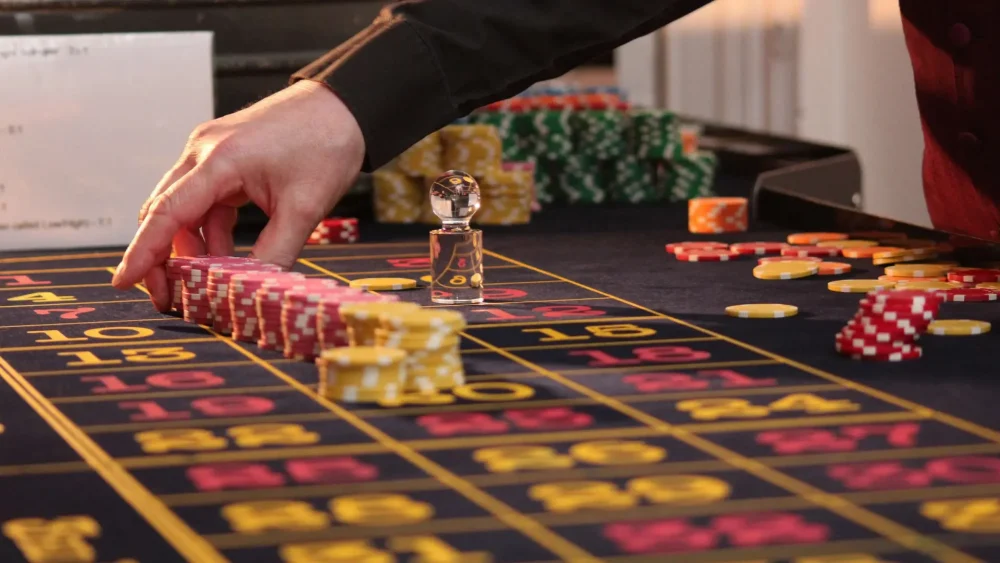
 There are different jurisdictions in the gambling world that grant legal access. Each has its own requirements for inspections, audits, and player protection. The most famous are Malta, Curacao, Gibraltar and the Isle of Man. For example, the Maltese regulatory approval is considered a benchmark of legality, as it implies multicomponent control and high requirements for RTP transparency.
There are different jurisdictions in the gambling world that grant legal access. Each has its own requirements for inspections, audits, and player protection. The most famous are Malta, Curacao, Gibraltar and the Isle of Man. For example, the Maltese regulatory approval is considered a benchmark of legality, as it implies multicomponent control and high requirements for RTP transparency. In summary, it is important to note that obtaining a license for an online casino is not just a formality. It is the foundation for financial transparency, guaranteed deposit returns, and user protection.
In summary, it is important to note that obtaining a license for an online casino is not just a formality. It is the foundation for financial transparency, guaranteed deposit returns, and user protection.
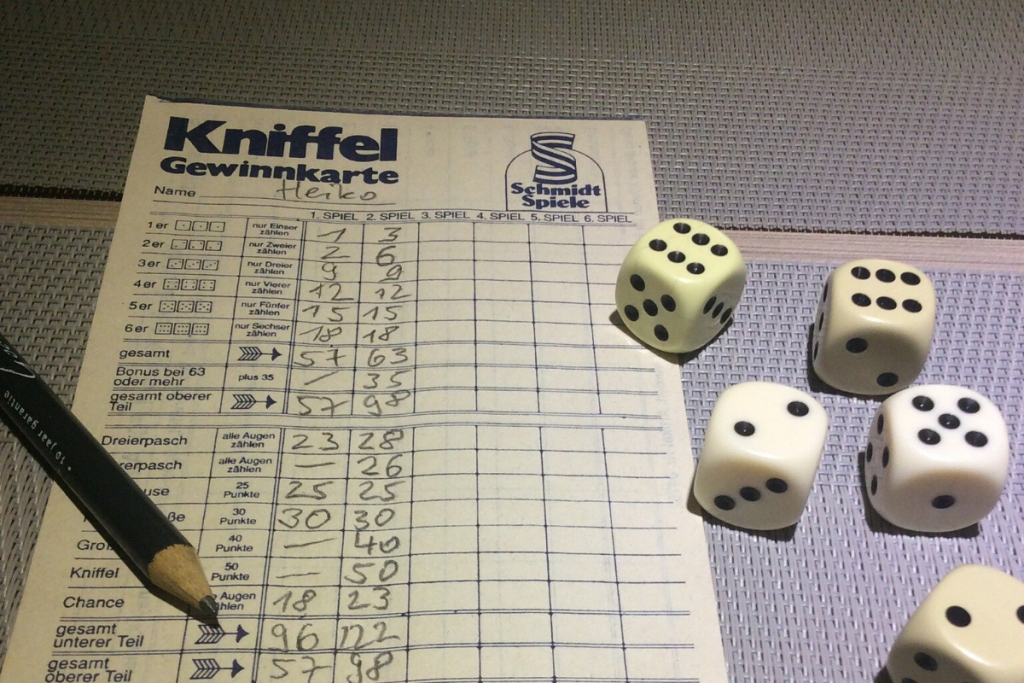 The casino’s advantage on Pass Line is about 1.41%, and on Don’t Pass Line, it is slightly lower. By combining this with the Odds bet, it is possible to reduce this advantage to almost zero. Effective tactics include:
The casino’s advantage on Pass Line is about 1.41%, and on Don’t Pass Line, it is slightly lower. By combining this with the Odds bet, it is possible to reduce this advantage to almost zero. Effective tactics include: A clear system, precise calculations, strict self-control, and attention to detail define a successful craps session. The application of strategies honed through hundreds of throws, statistics, and analysis creates a real chance for long-term success. It is the recommendations for playing dice that transform randomness into a discipline where strategy rather than chance determines the outcome.
A clear system, precise calculations, strict self-control, and attention to detail define a successful craps session. The application of strategies honed through hundreds of throws, statistics, and analysis creates a real chance for long-term success. It is the recommendations for playing dice that transform randomness into a discipline where strategy rather than chance determines the outcome.
 The player quickly becomes accustomed to the risk-free format. This creates the illusion of control and an overestimation of one’s abilities. When switching to real money, the strategy developed in the demo version begins to fail, because the psychology, speed, bankroll pressure, and risk awareness are lacking.
The player quickly becomes accustomed to the risk-free format. This creates the illusion of control and an overestimation of one’s abilities. When switching to real money, the strategy developed in the demo version begins to fail, because the psychology, speed, bankroll pressure, and risk awareness are lacking. No-registration demo craps remains an effective training tool. It lowers the barrier to entry, provides freedom of action, and allows you to understand the mechanics and test your strategy. The advantages of no-registration demo craps become evident with the right approach, without rushing or getting carried away with illusions.
No-registration demo craps remains an effective training tool. It lowers the barrier to entry, provides freedom of action, and allows you to understand the mechanics and test your strategy. The advantages of no-registration demo craps become evident with the right approach, without rushing or getting carried away with illusions.
 The table surface is divided into two equal sections, with each half serving a separate portion of the players. This allows two groups to place bets at the same time without disturbing each other. In the center are the areas for so-called “propositional” bets: on individual numbers, combinations, and a roll. Moves are made exclusively by the dealers; players have limited access to them.
The table surface is divided into two equal sections, with each half serving a separate portion of the players. This allows two groups to place bets at the same time without disturbing each other. In the center are the areas for so-called “propositional” bets: on individual numbers, combinations, and a roll. Moves are made exclusively by the dealers; players have limited access to them.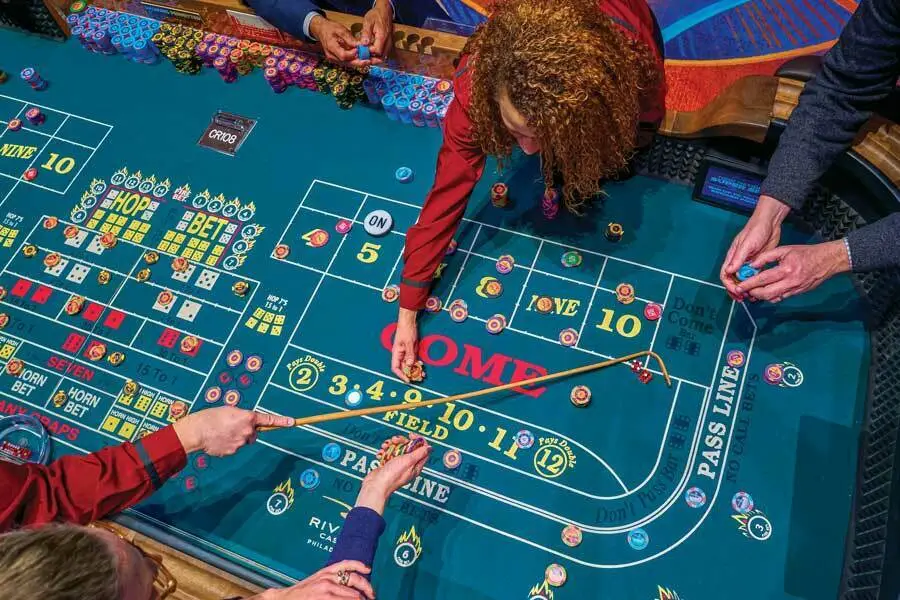 Strategy buys you more time; craps isn’t a lottery. A strong player controls the process and doesn’t rely on luck. Tactics work when applied systematically. For a beginner who wants to learn how to play craps, the path to success begins with the pass line, the odds, and rigorous calculation. Everything else comes from experience.
Strategy buys you more time; craps isn’t a lottery. A strong player controls the process and doesn’t rely on luck. Tactics work when applied systematically. For a beginner who wants to learn how to play craps, the path to success begins with the pass line, the odds, and rigorous calculation. Everything else comes from experience.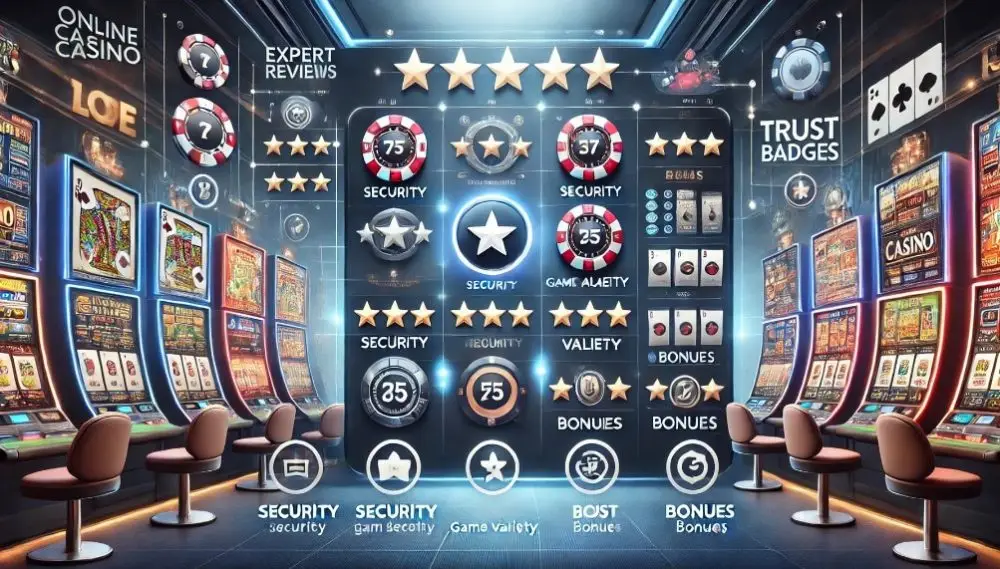
 The secure service provides complete information about the owner, jurisdiction and working conditions. The website must contain a link to the license document, which is checked on the official website of the regulator. Connection encryption (HTTPS), support for responsible gaming, and the availability of self-locking tools are also a priority.
The secure service provides complete information about the owner, jurisdiction and working conditions. The website must contain a link to the license document, which is checked on the official website of the regulator. Connection encryption (HTTPS), support for responsible gaming, and the availability of self-locking tools are also a priority. How to avoid making a mistake when choosing a casino? You should analyze the licensing, check the reviews, read the terms, and avoid making hasty decisions. Only in this way can you expect fair play, money protection, and a full-fledged gaming experience. A safe choice begins with paying attention to the details.
How to avoid making a mistake when choosing a casino? You should analyze the licensing, check the reviews, read the terms, and avoid making hasty decisions. Only in this way can you expect fair play, money protection, and a full-fledged gaming experience. A safe choice begins with paying attention to the details.
 Different games have different house advantages, so the choice is strategically important.
Different games have different house advantages, so the choice is strategically important. Understanding what a casino advantage is doesn’t reduce the excitement, but rather moves the game from the realm of illusion to the realm of calculation. The establishment doesn’t cheat; it uses the domain of probability. A player who knows math doesn’t avoid risks, but rather manages them. Gambling without understanding is the price of ignorance.
Understanding what a casino advantage is doesn’t reduce the excitement, but rather moves the game from the realm of illusion to the realm of calculation. The establishment doesn’t cheat; it uses the domain of probability. A player who knows math doesn’t avoid risks, but rather manages them. Gambling without understanding is the price of ignorance.
 The advantages of this format include:
The advantages of this format include: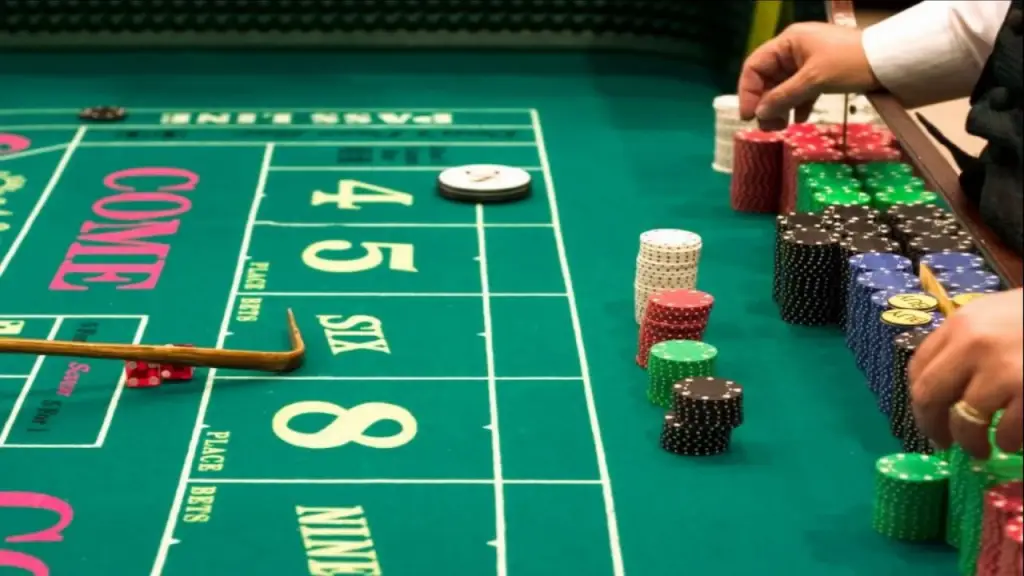 Free Dice is a convenient way to learn and test your strategy without financial risk. The advantages of playing craps without registration are obvious: accessibility, security, and the opportunity to learn and test tactics. It’s important to understand the disadvantages of free formats: lack of real bets and limited functionality. For those looking to take things to a more serious level and play for real money, demo play is an excellent preparation.
Free Dice is a convenient way to learn and test your strategy without financial risk. The advantages of playing craps without registration are obvious: accessibility, security, and the opportunity to learn and test tactics. It’s important to understand the disadvantages of free formats: lack of real bets and limited functionality. For those looking to take things to a more serious level and play for real money, demo play is an excellent preparation.
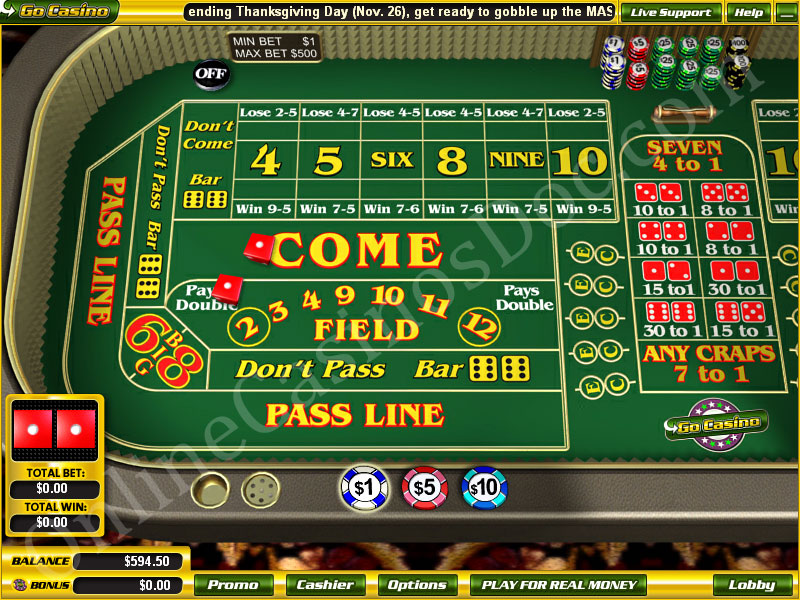 The process starts with two dice, as if you’re pressing the “fortune” button in a virtual world of gambling. The first throw determines the direction of your fate. If you roll a seven or an eleven, you’re in luck. However, if you roll a two, a three, or a twelve, you’ll receive a craps, and your bet will be lost.
The process starts with two dice, as if you’re pressing the “fortune” button in a virtual world of gambling. The first throw determines the direction of your fate. If you roll a seven or an eleven, you’re in luck. However, if you roll a two, a three, or a twelve, you’ll receive a craps, and your bet will be lost.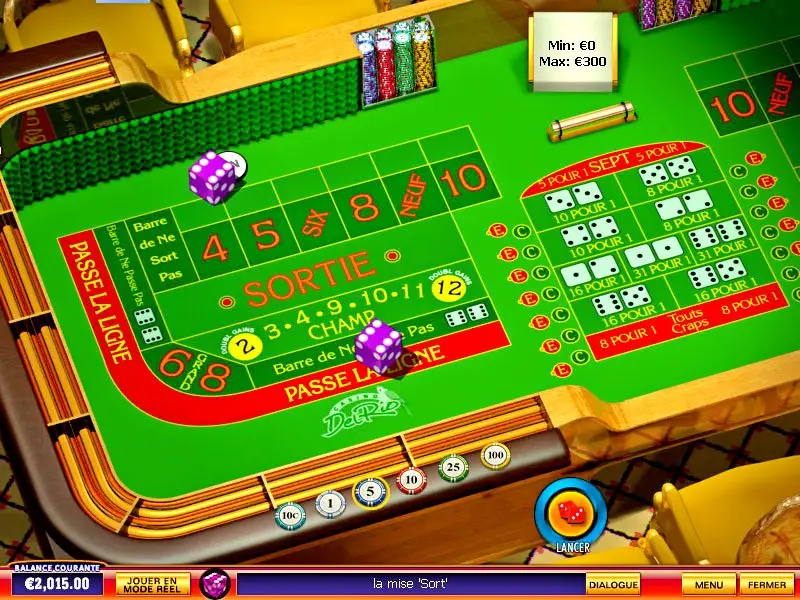 In online casinos, understanding the rules of craps helps you to effectively adapt to one of the most exciting formats with live mechanics. Despite its apparent complexity, the basics are quickly mastered. All you need to do is choose the right bet, understand the probabilities, and apply calculated strategies. The online format of craps makes the process more flexible and comfortable, making it accessible to beginners and engaging for experienced players.
In online casinos, understanding the rules of craps helps you to effectively adapt to one of the most exciting formats with live mechanics. Despite its apparent complexity, the basics are quickly mastered. All you need to do is choose the right bet, understand the probabilities, and apply calculated strategies. The online format of craps makes the process more flexible and comfortable, making it accessible to beginners and engaging for experienced players.
 Before developing a dice strategy, it’s important to understand the types of decisions you can make. Some bets offer large payouts but a high probability of losing, while others have smaller rewards but guarantee more attractive odds of success.
Before developing a dice strategy, it’s important to understand the types of decisions you can make. Some bets offer large payouts but a high probability of losing, while others have smaller rewards but guarantee more attractive odds of success. Crap strategy is the carefully considered steps that increase your chances of winning. By using simple and advanced betting methods, players can take control of the situation and minimize risks. Combining different tactics with bankroll management and knowledge of the odds is the key to success. Each approach has its own characteristics and can be tailored to the needs of the player, whether a beginner or an experienced player. When choosing a strategy, it’s important to consider your own goals, skill level, and understanding of the game.
Crap strategy is the carefully considered steps that increase your chances of winning. By using simple and advanced betting methods, players can take control of the situation and minimize risks. Combining different tactics with bankroll management and knowledge of the odds is the key to success. Each approach has its own characteristics and can be tailored to the needs of the player, whether a beginner or an experienced player. When choosing a strategy, it’s important to consider your own goals, skill level, and understanding of the game.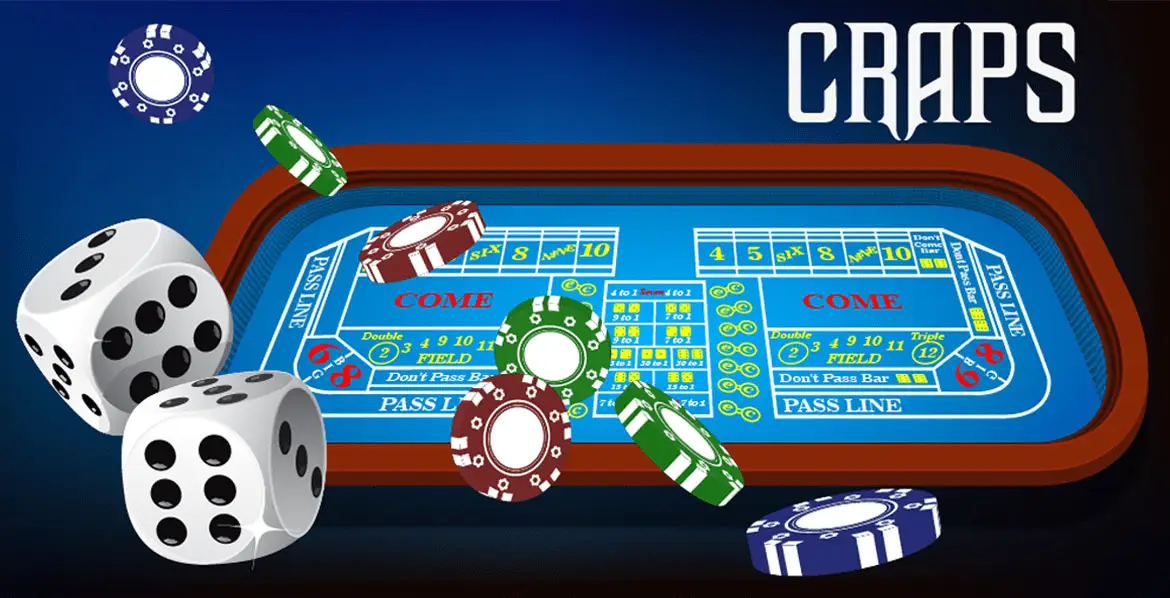
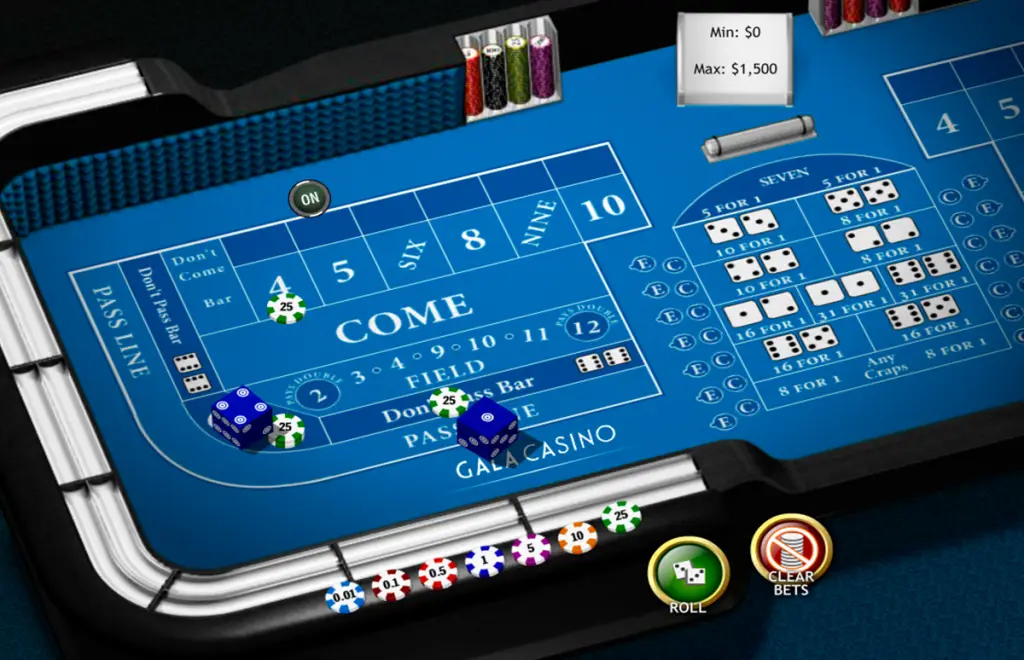 To play with an exit, you need to make calculations with the exit of the casino.
To play with an exit, you need to make calculations with the exit of the casino.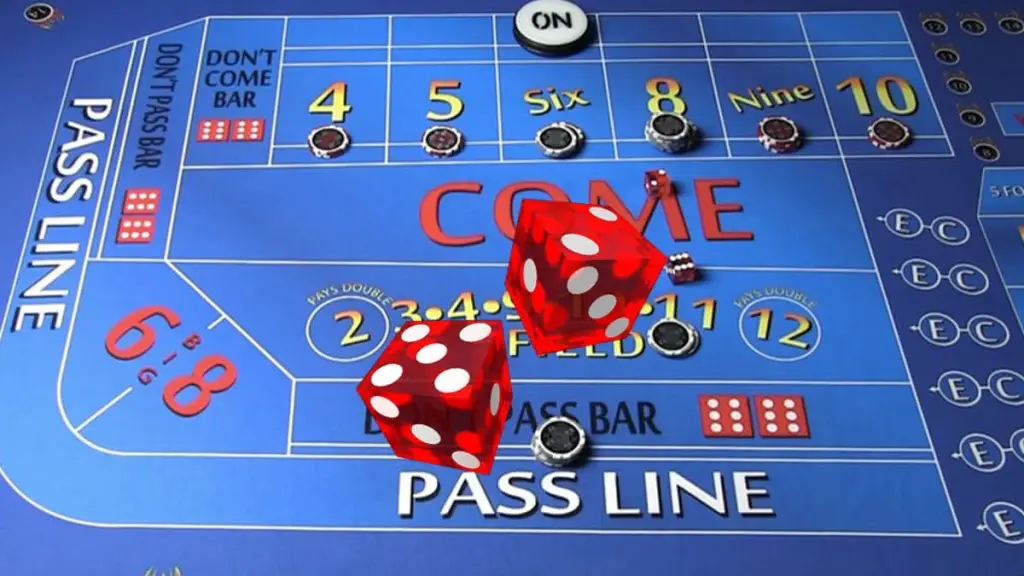 Craps remains one of the most exciting entertainments, combining luck and tactics. Using effective strategies, such as betting on the pass line, betting on the come and betting on the odds in craps, allows you to minimize the risk and increase the likelihood of winning. Controlling your bankroll and choosing bets with a low house edge are key principles for successful play.
Craps remains one of the most exciting entertainments, combining luck and tactics. Using effective strategies, such as betting on the pass line, betting on the come and betting on the odds in craps, allows you to minimize the risk and increase the likelihood of winning. Controlling your bankroll and choosing bets with a low house edge are key principles for successful play.








